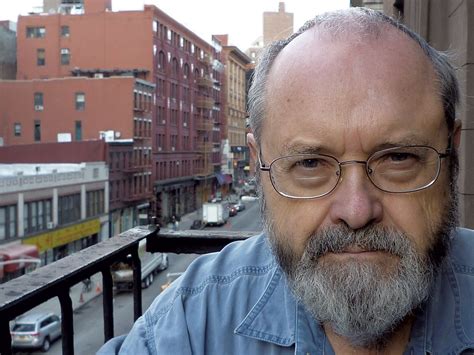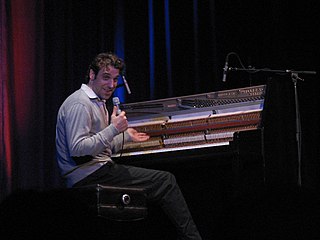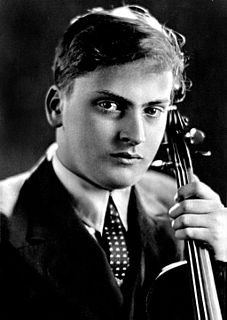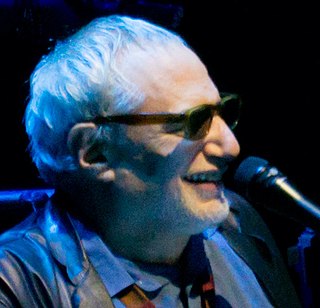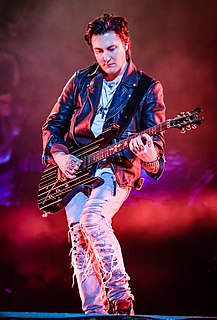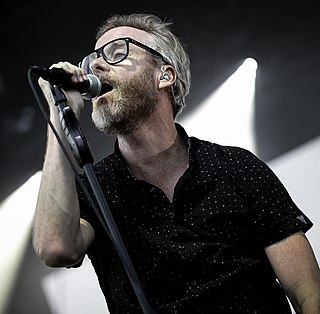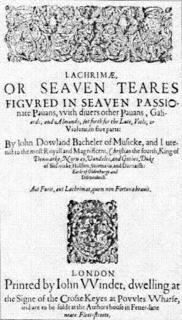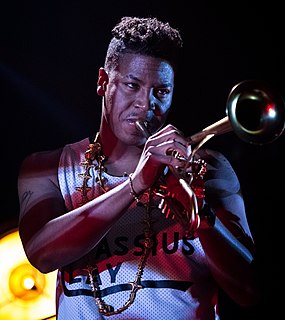Цитата Фила Ниблока
Связанные цитаты
Мелодии могут быть хороши в зависимости от контекста. У вас может быть простая мелодия, и если гармония, стоящая за ней, интересна, она может сделать очень простую мелодию совершенно другой. Вы также можете иметь сложную мелодию. Чем он сложнее, тем труднее его петь, и тогда иногда он может звучать надуманно. Вы можете написать мелодию, которая будет отлично звучать на саксофоне, но если вы отдадите ее певцу, она может звучать непристойно.
